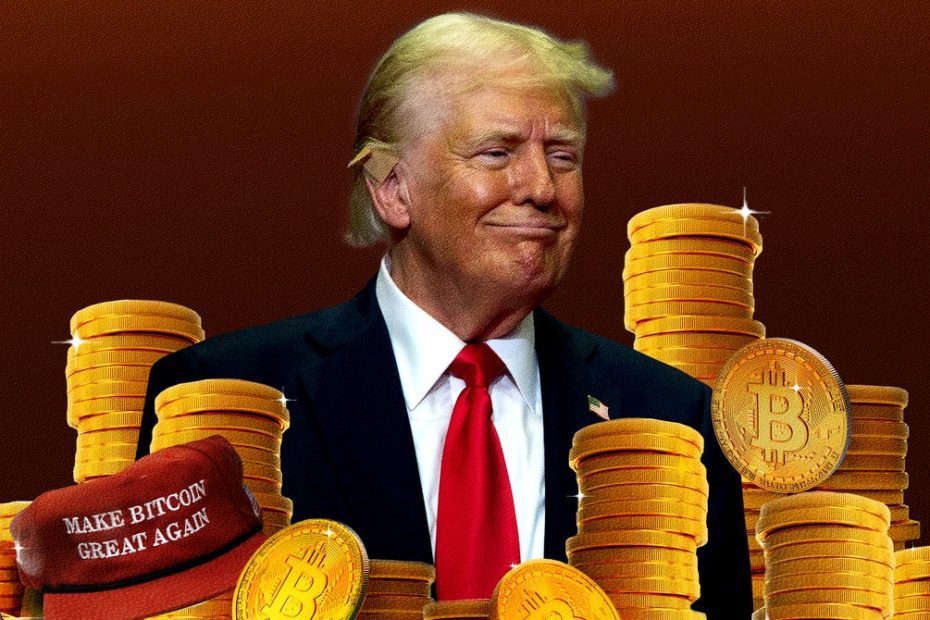Even if Trump were to limit the reserve to bitcoins seized by law enforcement, his administration would also have to weigh the opportunity costs of holding bitcoins. While some assets, such as bonds, generate a consistent income stream for holders, bitcoin does not, making it expensive to hold.
“The question is what the government would get out of the bitcoin reserves it would hold,” said George Selgin, director emeritus of the Center for Monetary and Financial Alternatives at the Cato Institute, a U.S. think tank that promotes libertarian principles. Previously, the U.S. government would periodically auction off bitcoins seized through law enforcement activities. But by choosing to hold on to the bitcoins it holds, “it’s failing to realize the market value, which it could use for a host of other purposes, from writing off the federal debt to paying for other government programs,” Selgin said.
While Selgin is a proponent of bitcoin for its independence from government control, he opposes the U.S. government speculating on its price on behalf of its citizens. “Governments are not very smart investors,” Selgin says. “Having the government act on behalf of its citizens as some kind of investment trust or mutual fund doesn’t make a lot of sense.”
During his speech in Nashville, Trump singled out a number of notable Bitcoiners, including Cameron and Tyler Winklevoss, who founded crypto trading platform Gemini, and thanked them for their guidance. Tyler then went to X to celebrate Trump’s plan and congratulate the conference organizer for “orange pilling” the former president.
But while popular with large bitcoin holders and industry executives, the ambition to build a bitcoin supply could come at a cost for just about everyone, especially if the government were to expand its existing holdings, said Michael Green, chief strategist at asset manager Simplify.
“The only possible way for the U.S. government to buy bitcoin is from existing holders,” Green says. “But if the government uses tax revenue [or issues bonds] to buy bitcoin, it creates a situation where the taxpayer is subsidizing an extremely small subset. Ultimately, you’re talking about creating exit liquidity for a small subset of the population.” It would be like the U.S. government promising to overpay for real estate in California, Green says, but not any other state. “This is not fundamentally different,” he says.
The bigger the government’s pot of bitcoin, the more dependent it would become on those who maintain the underlying network, bitcoin mining companies, whose job it is to process transactions and protect the network from attack. In effect, the bitcoin mining industry would become “another special interest group,” Green said, “that the U.S. government would have to step in and bail out” in the event that the sector, notoriously sensitive to factors outside its control, faltered.
Neither Trump nor Lummis responded to a request for comment on the criticism of the bitcoin stockpile plan.
Whether Trump intends to follow through on his plan to create a bitcoin stockpile is another question. “Trump is a master demagogue who appeals to the emotions of the crowd. It’s pure electioneering,” Angel says. “I think the plan is probably going to go the same way as Trump Airline, Trump Casino, and Trump University.” Which is to say, nowhere.

